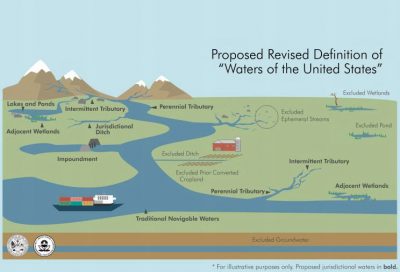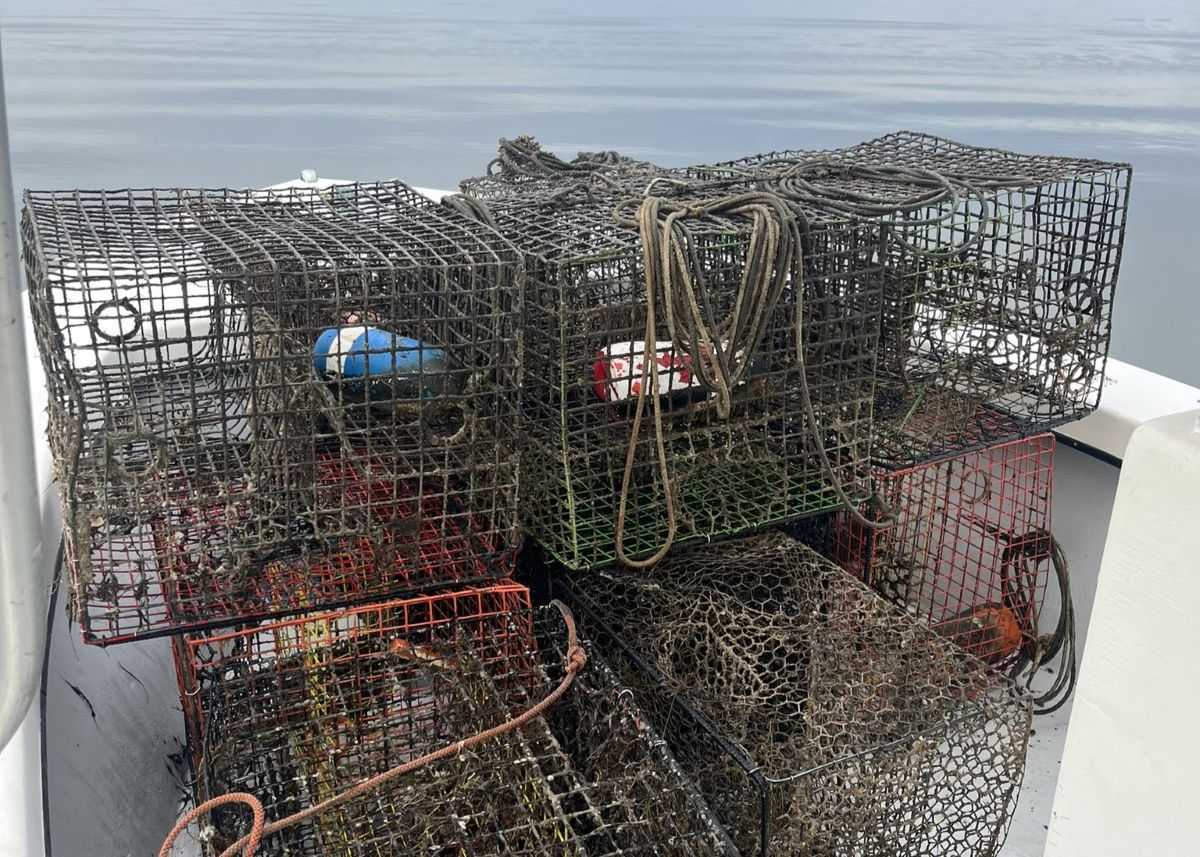RALEIGH – The state Department of Environmental Quality and Attorney General Josh Stein have submitted comments on behalf of North Carolina in opposition to the Trump administration’s proposed rollback of water quality regulations.
As directed by the president in 2017, the Environmental Protection Agency and the Department of the Army signed in December a proposed rule revising the definition of “waters of the United States” addressing federal authority under the Clean Water Act. The proposal is the second step in a two-step process to replace the language of the Waters of the United States, or WOTUS, rule.
Supporter Spotlight

The Trump administration has said the change would provide states and landowners certainty about whether a project requires federal permits without having to spend thousands of dollars on engineering and legal professionals. The administration has said the change would result in significant cost savings, protect navigable waters, help sustain economic growth and reduce barriers to business development.
Monday was the last day to submit comments on the proposed rule, which was published in the Federal Register in February.
State officials announced Monday in a press release that comments filed note that some protections of wetlands, which cover an estimated 5.7 million acres of North Carolina, or 17% of the state’s land area, would be rolled back if the rule were approved.
“The changes fail to protect waters that are crucial to restoring and maintaining the chemical, physical and biological integrity of our state’s waters,” according to the agencies.
The comments advocate for a science-based approach to defining WOTUS that preserves features essential for water quality while providing clarity to the regulated community.
Supporter Spotlight
Among the challenges DEQ said are posed by the proposed federal WOTUS rule under consideration are the following:
- Increased flooding risks in low-lying areas as nearly 95% of all wetlands in North Carolina are located in eastern North Carolina.
- Negative effects on wetlands ability to filter the water supply and increased stormwater runoff.
- Economic concerns regarding certainty for farmers and developers employing responsible environmental practices around the state’s wetlands.
- Negative effects on species dependent upon wetlands.
- Threats to the recreational and commercial fishing industries’ products like shellfish, blue crabs, fish and shrimp.
- A drastic decrease in federal wetland protections creating a huge regulatory gap that would need to be filled by new rules, laws and personnel to protect wetlands.
- An increased burden on underfunded, understaffed regulatory agencies that work in partnership with the federal government to protect wetlands nationwide.
Last month, the Albemarle-Pamlico National Estuary Partnership, which is part of the National Estuary Program implemented under Section 320 of the Clean Water Act, commented that the proposed definition would prevent it from achieving the program’s purpose. “It will do the same for each program in every part of the country as it strips away the tools necessary to address the water pollution threats that the National Estuary Program is designed to address at local levels,” according to the partnership’s comments submitted by Leadership Council Chair Kirk Havens.
Also, dozens of national, regional and local hunting and fishing groups have submitted comments, calling the revision a “wholesale gutting of the Clean Water Act’s 47 years of protection for our nation’s waters” and noting the potential economic consequences for rural communities and outdoor recreation businesses and the species that stand to lose habitat if clean water standards are weakened.
“At every step of the EPA’s rule replacement process on what waters qualify for Clean Water Act protections, hunters and anglers have been clear about their support for safeguards on headwaters and wetlands,” said Whit Fosburgh, president and CEO of the Theodore Roosevelt Conservation Partnership. “The science supports protecting these habitats as interconnected to larger water systems, the economics of defending outdoor recreation opportunities and businesses makes sense, and Americans will continue to stand up for clean water to power their outdoor pursuits.”







